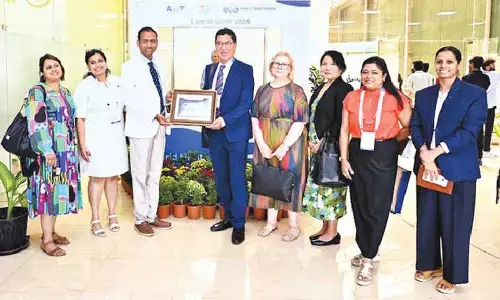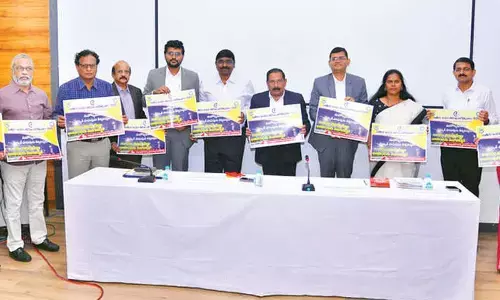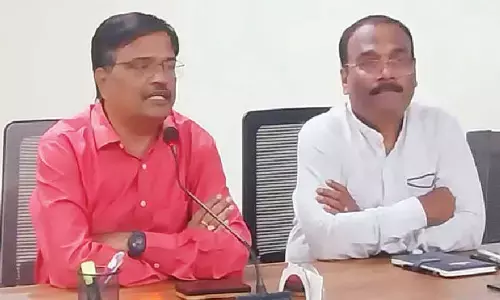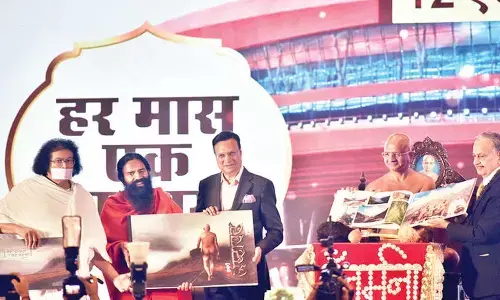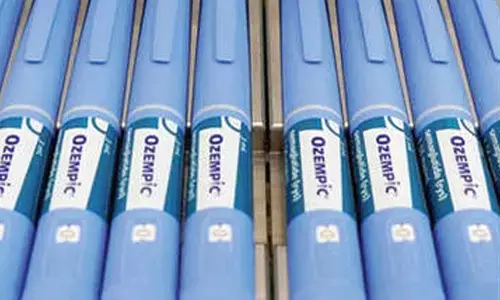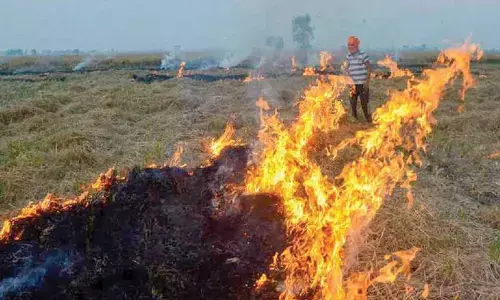Media need to ask questions to those in power: Mukherjee
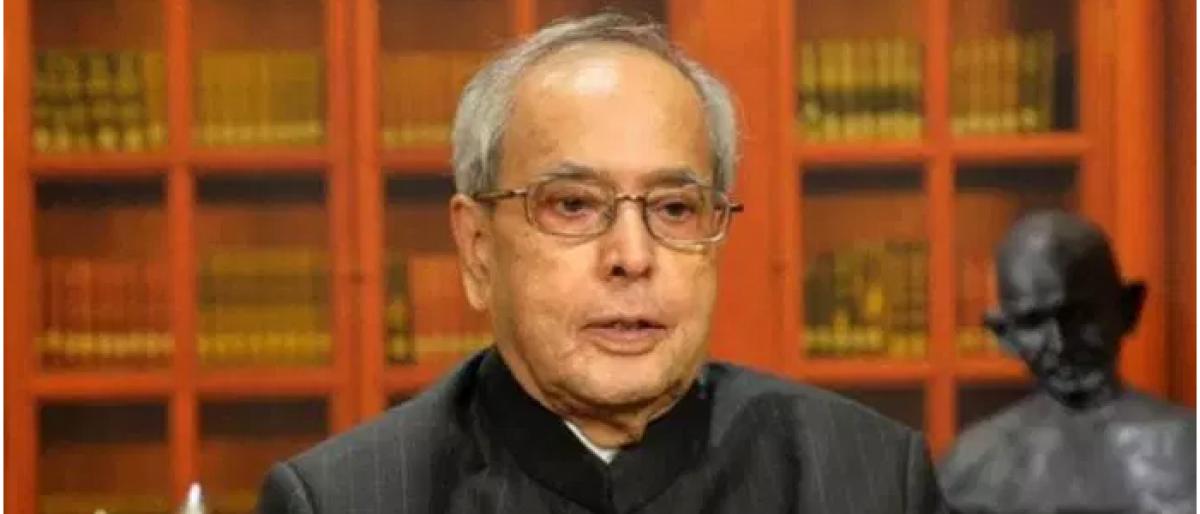
With the people in power reaching audience directly, the media needs to ask them questions, former president Pranab Mukherjee said Sunday, asserting it is fundamental for the preservation of the nation and a truly democratic society
New Delhi: With the people in power reaching audience directly, the media needs to ask them questions, former president Pranab Mukherjee said Sunday, asserting it is fundamental for the preservation of the nation and a truly democratic society.
He was delivering the keynote address on the "Role of Media in Indian Democracy" after unveiling the masthead of "The Morning Standard", a daily launched by New Indian Express Group.
There is a need to be sensitive to the trait of communal narratives, Mukherjee said. He also described fake news as "the greatest menace we face today", saying all it took was a morphed picture, a bogus tweet or a photoshopped statement to create social, political and communal hatred.
It is important for journalists to be aware of their power to influence the minds of citizens and they should maintain high ethical and professional standards for this purpose, he added.
Stressing the need for the media to be sensitive towards minorities, Mukherjee said the bedrock of Indian civilisation has been its pluralism. The direct communication between those in power and the audience through technological advancement often becomes a one-way channel from the powerful to the less privileged and an effort to control the narrative, he said.
The former president said due to technological advancement, people in power across the spectrum of politics, business, civil society tend to dominate as they can reach their audience directly bypassing the crucial process of filtration and mediation.
He said the Indian civilisation has always celebrated plurality and promoted tolerance, and it has been the basis of people's existence, binding them together for centuries despite their many differences.
"Thus, we need to ask questions from those who enjoy power as it is a fundamental for preservation of our nation and truly democratic society. This is the role which the media has traditionally played, and we must carry on," Mukherjee said.
He added the media can comment, criticise and influence but it "cannot and should not" become a party in the power play of the state. He said the reach, scope and role of media have expanded owing to information technology revolution and the advent of social media has ensured that everyone who has a phone can be a publisher and a broadcaster.
Mukherjee said media is most powerful pillar of democracy as it cannot only inform, judge and set public opinion but also make judiciary, executive and legislature accountable.
This also demands a greater degree of responsibility and accountability for itself, he added. India has a thriving journalistic ethos of over 70,000 newspapers with a total daily sale of 100 million copies, he said, adding that an additional 400 news channels make India the world's biggest news market.
For credibility and reach there is no greater democratic tool than journalism, he said. Mukherjee said Indian media is free and highly opinionated but it is important to remember that in a vast and diverse nation with a a population of 1.3 billion, 220 languages, 1800 dialects and 22 scheduled languages in 29 states, the media has to stay away from partisan agenda.
"It must expose exploitation, vested interests and promote rule of law," he said.
Quoting award-winning journalist John Pilger, he said the real journalists are agents of people. The media should continue to throw open the window for a fresh breeze without being blown away, he said, adding that it must be a watchdog, gatekeeper and mediator between the power and the public.



